Product
Jackson Moore Motion
-
Tauira / Student
Jackson Moore -
Kaiako / Lecturers
Luke Feast, Kei Hoshi
-
School
AUT Art + Design 2025
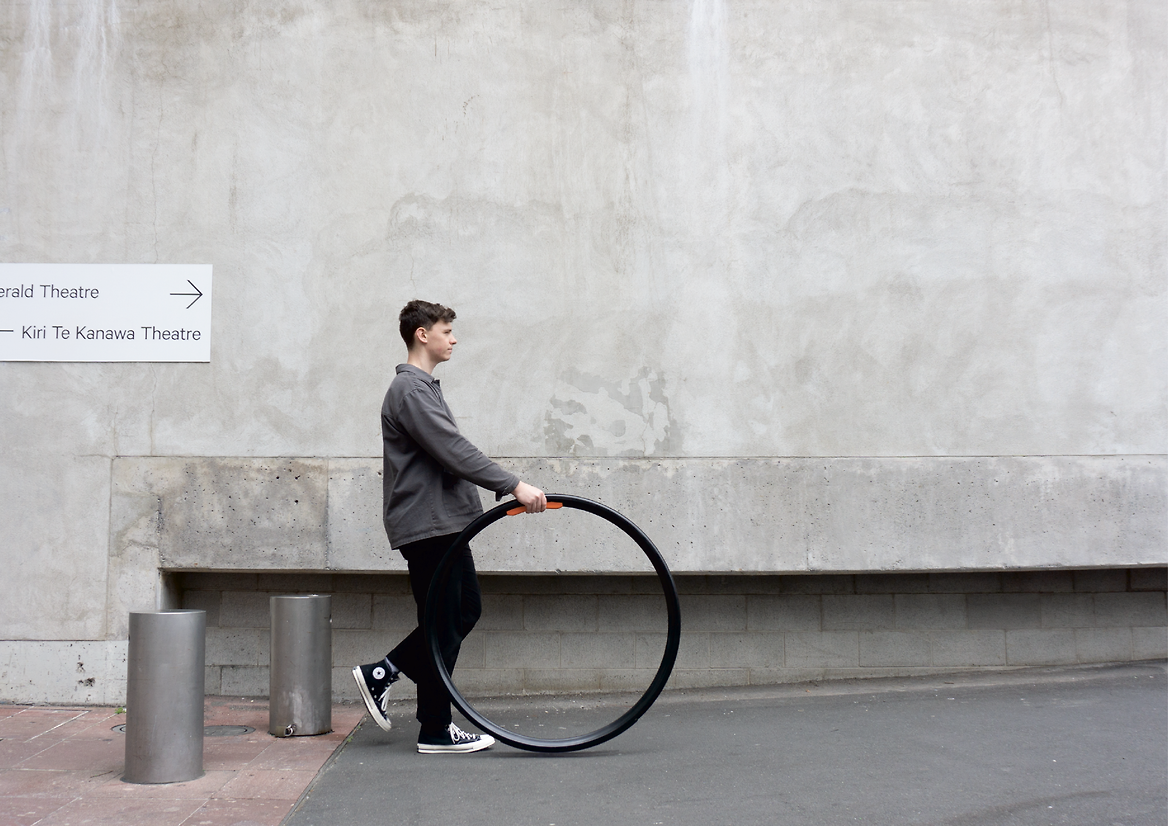
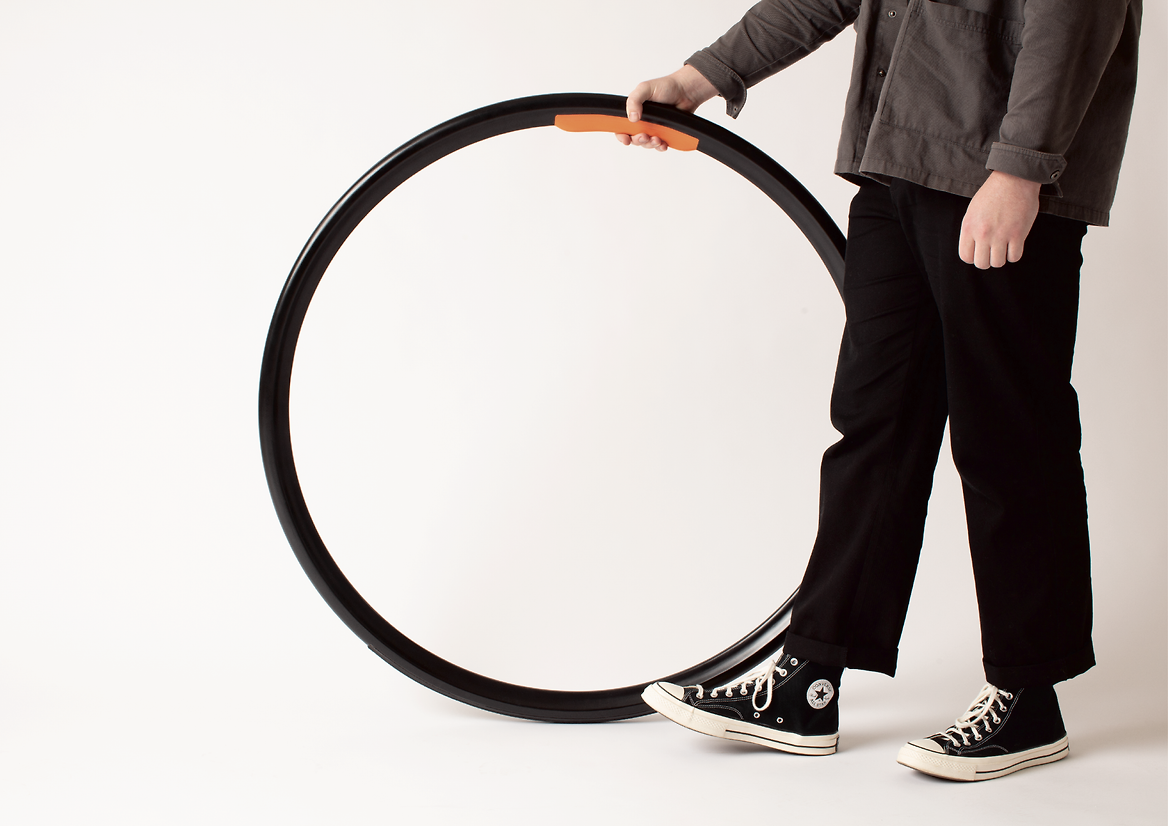
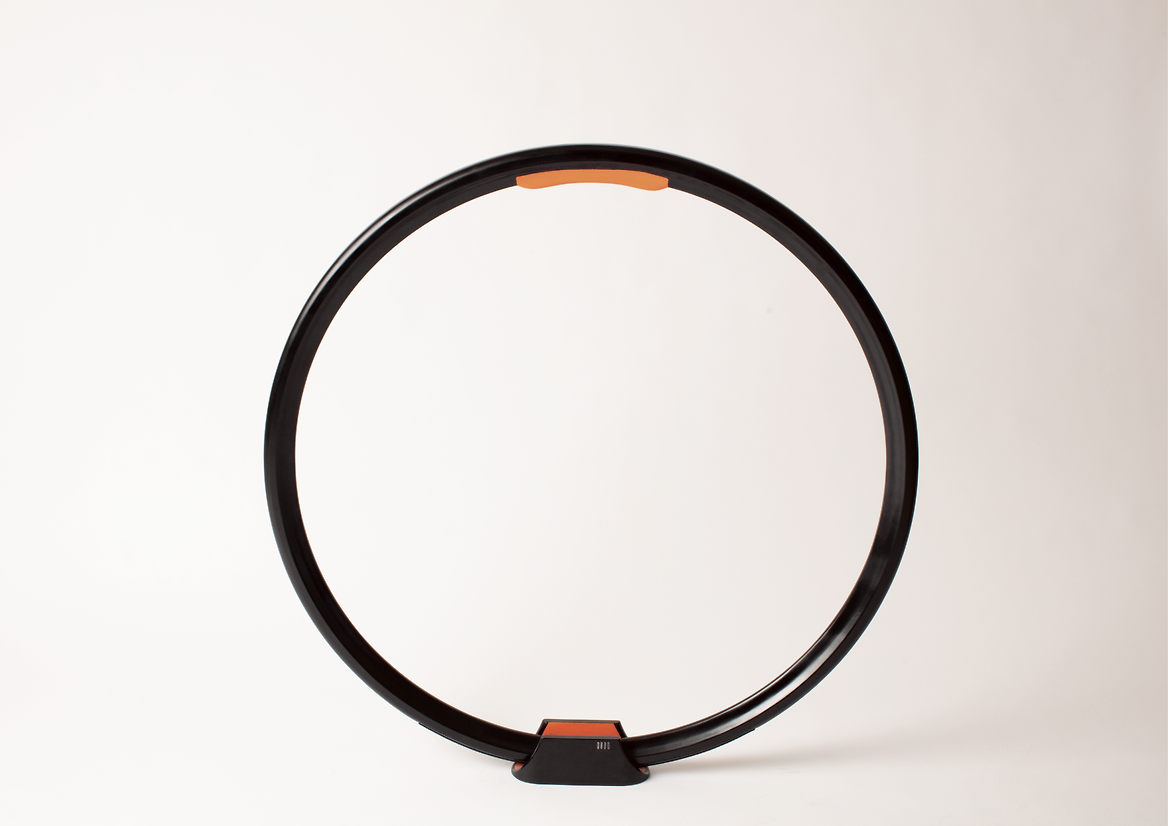
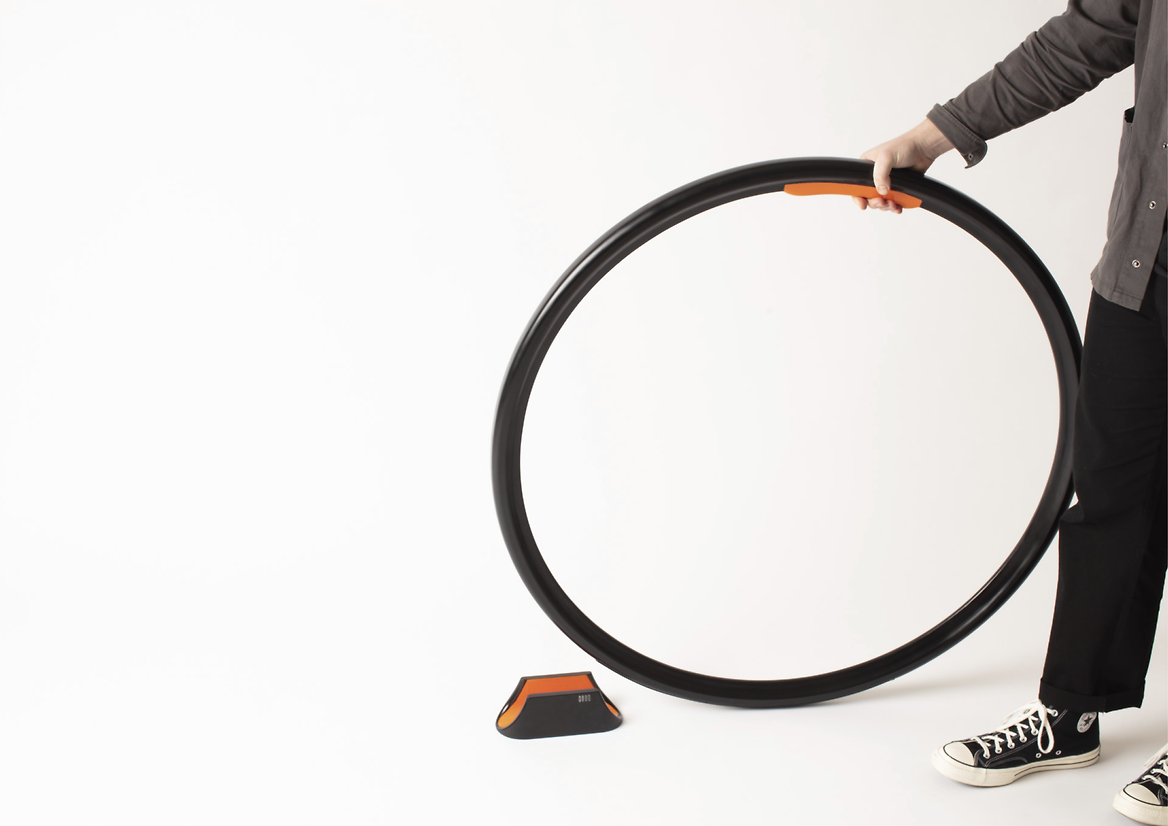
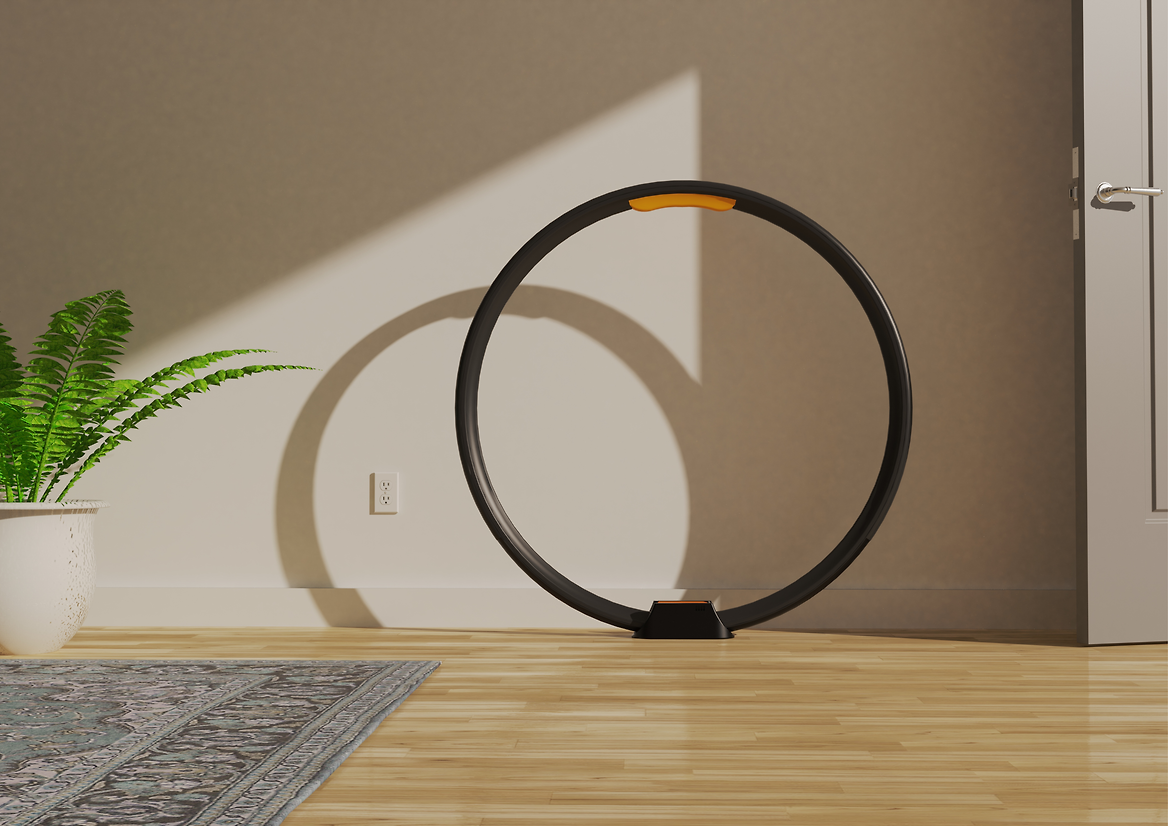
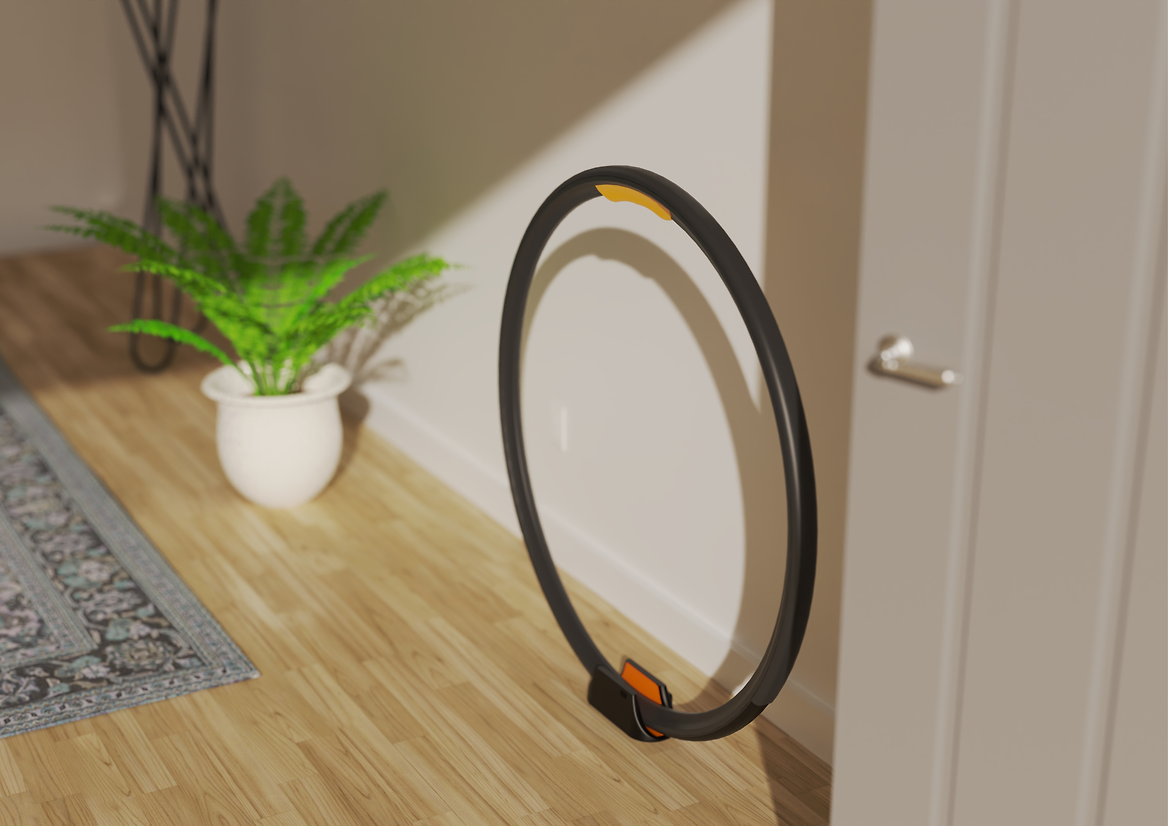
Description:
People are diagnosed with multiple sclerosis at the age of 16 and may need external balance support by the age of 21. MS is an autoimmune disease that is lifelong with no cure.
Current mobility aids are utilitarian and clinical and give little consideration to the user’s lifestyle. Living with MS is already difficult enough, and having a stigma that follows the user’s whole life can be degrading—leading to device abandonment. Rather than designing a mobility aid for everyone, Motion is designed for people with MS.
Motion aims to empower people with MS to feel confident in their day-to-day lives. Rather than burden them, they can express themselves and enjoy their lives again. The minimalist design is built to be used in urban environments.
Motion’s design features a sleek modern exterior designed with the user in mind. A cut-out along the bottom allows the interior wheel to spin throughout the body, allowing the user to glide across the pavements. The brake provides a thicker easier to squeeze design for the user to slow the product down or keep it still. An electronic gyroscope spins inside, allowing Motion to stand by itself for short periods.
The orange featured on the design represents MS awareness. The use of orange is to highlight certain design features. A subtle nod that the user can be proud of.
Motion was inspired by my mother. She was diagnosed with MS at the age of 21.
Judge's comments:
Supporting users with MS, the judges praised the unique approach of Motion in challenging what we know to be mobility aids. The design offers an intriguing alternative to common mobility aids by shifting from the traditional disability support vernacular, with potential performance benefits in the urban environment. The minimalist design reduces unwanted attention or stigma, allowing people with MS to play out their lives as they desire.